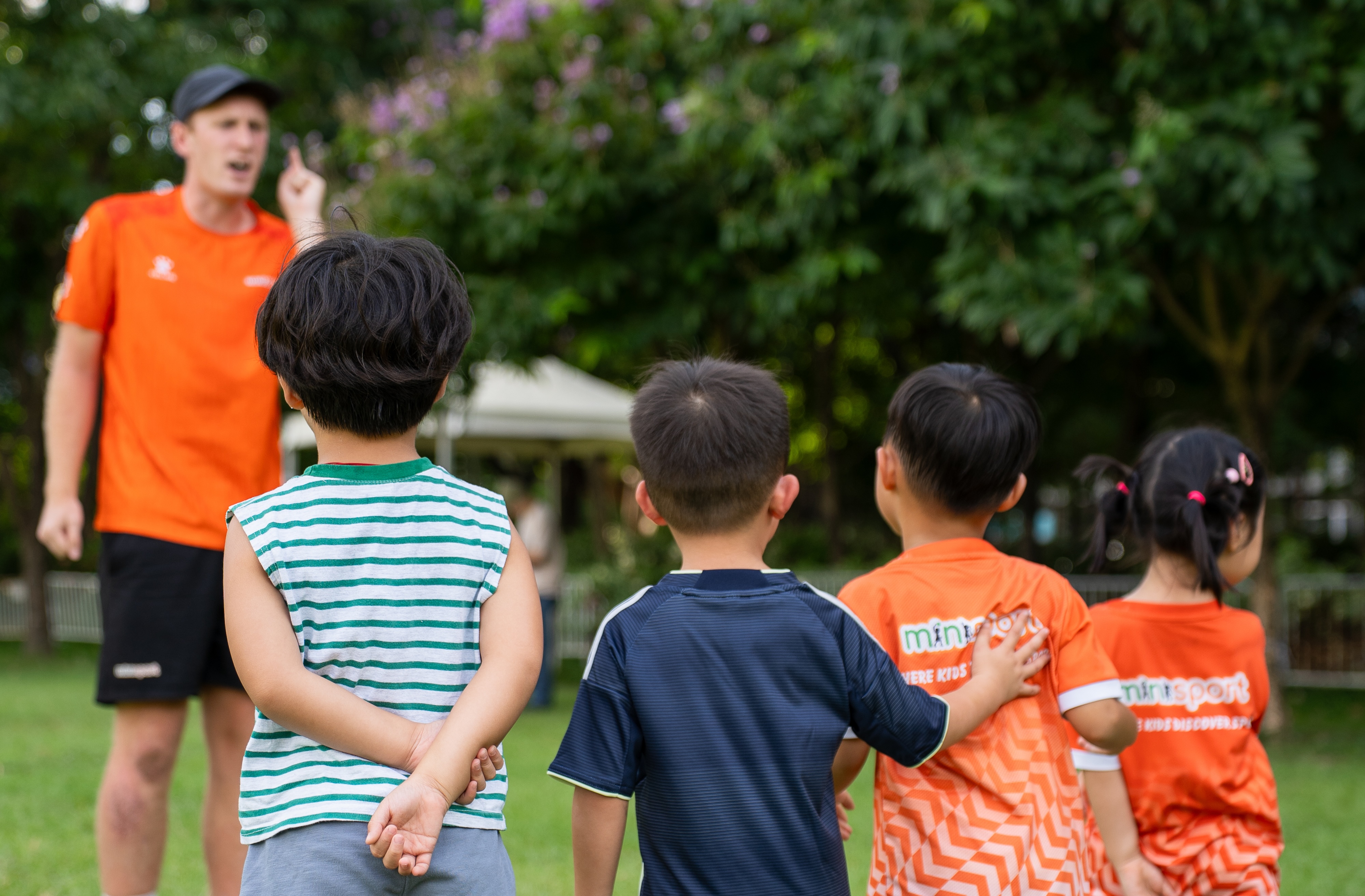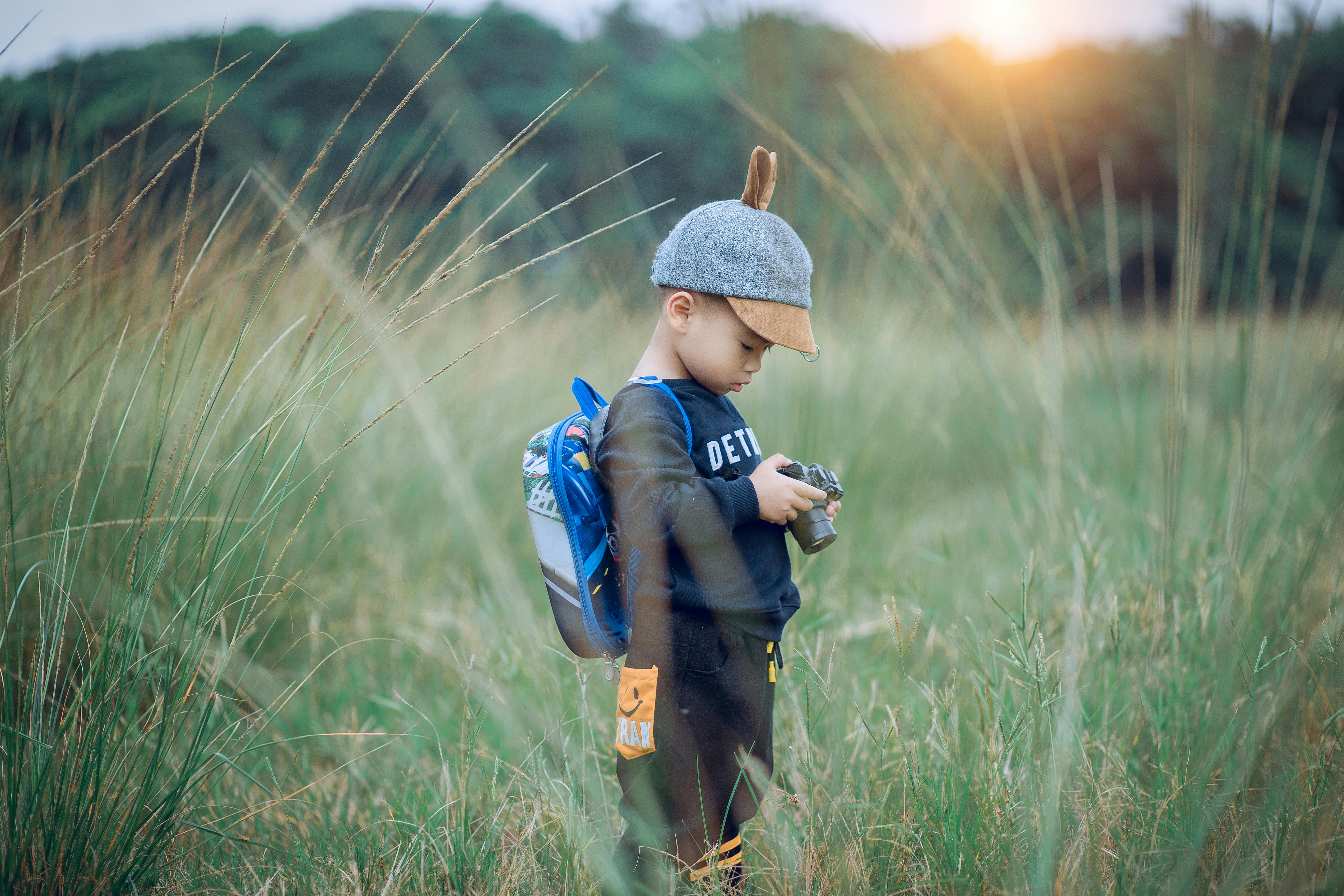


Teaching young children to share isn't just about fairness—it's about helping them understand empathy, boundaries, and the value of genuine generosity from the start.
Read more




Play has always been vital for learning and holds a remarkable power in a child's development. With evolving educational philosophies, play-based learning is now gaining recognition and seamlessly blending with academic pursuits to create a fun and effective learning environment.
Play has been the foundation of learning since the beginning of time. There is a transformative and magical power in play that has significant importance in a child’s developmental journey. With evolving educational philosophies, the essence of play-based learning is getting its due recognition, blending seamlessly with academic learning and creating an environment where learning is fun!
The impact of play is far-reaching, having profound neurological and psychological benefits. When children engage in play, they are not just having fun, but also developing essential life skills. Play acts as a catalyst, stimulating cognitive growth, social competence, and emotional maturity. The joy and exploration encountered in play-based activities make the learning process more impactful and memorable.
Learning through play theory originated from the recognition of the child’s natural inclination to explore and create. This theory has evolved over the years, emphasising interactive learning, and has transformed classrooms into spaces where curiosity is cherished. Numerous case studies reflect the efficacy of play-based learning, depicting substantial enhancements in cognitive, social, and emotional domains.
While a traditional curriculum often prioritises structured learning, a play-based curriculum fosters an environment where learning and play coexist. It's not about choosing play over education; it's about integrating play into education to make learning more engaging and effective.
Skepticism surrounding play-based learning often stems from misconceptions equating play with a lack of seriousness. However, play-based learning is a balanced approach combining the freedom of play with the structure of learning, providing measurable outcomes and fostering a love for learning.
Play-based learning is most impactful during early childhood but remains effective at any age, as it adapts to developmental needs.
Parents can create a stimulating environment with games and activities that are age-appropriate and align with educational goals.
If not balanced with structured learning, there may be gaps in learning. However, a well-rounded approach can mitigate this.
Through observation, engagement levels, and the ability to apply learned concepts, educators can assess progress effectively.
Absolutely! Older children can develop critical thinking, collaboration, and problem-solving skills through advanced play-based activities.
At Minisport, we resonate with the philosophy of play-based learning, believing in the transformative power of play. We seamlessly integrate play into our curriculum, ensuring that every child experiences the joy of learning. Our approach is not just about fostering academic growth but about nurturing well-rounded individuals who are curious, creative, and confident.
Play-based learning is not a modern-day concept but a timeless essence of learning. By incorporating play in education, we are not just teaching; we are inspiring, fostering lifelong learners who see the world with wonder and curiosity. Embrace the power of play and watch as it unveils the limitless potentials in every child.
Discover more about the magic of play-based learning and how it can transform your child’s learning experience. Dive into the world of interactive learning with Minisport and let’s make learning an exciting adventure together!






.png)
